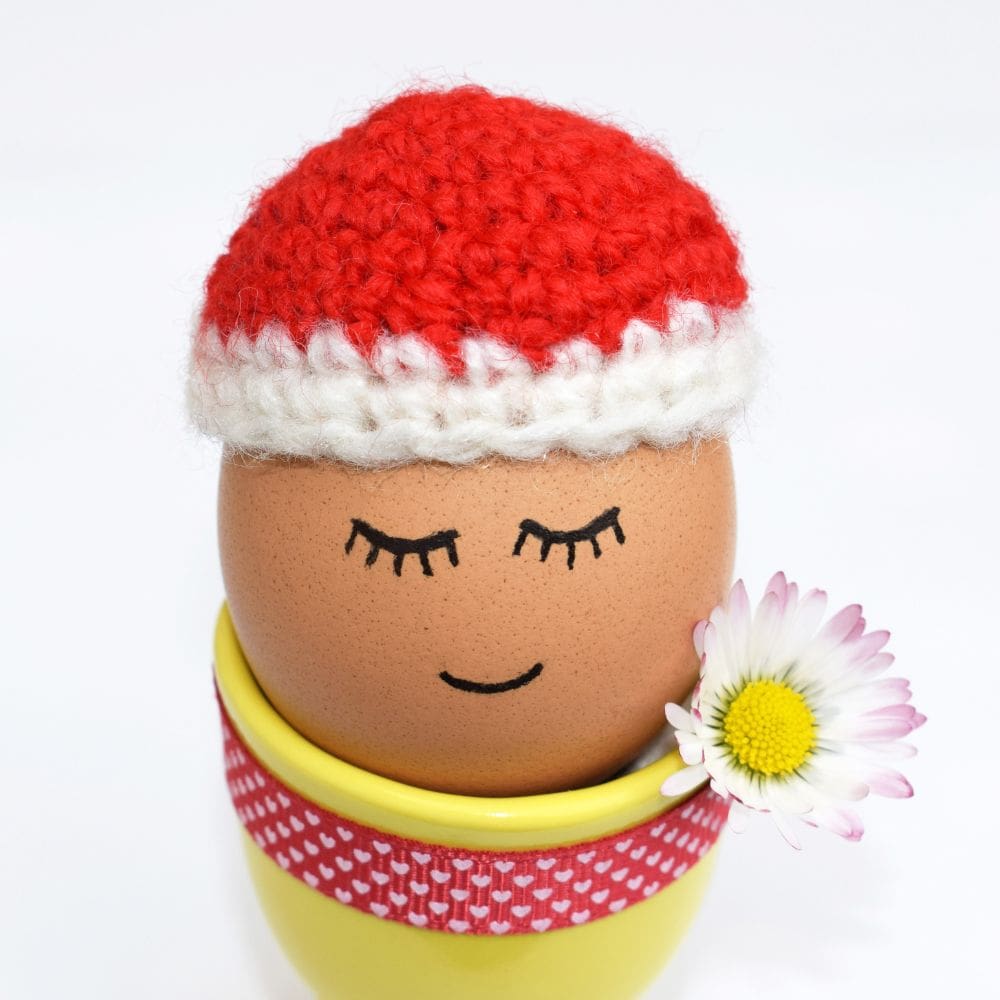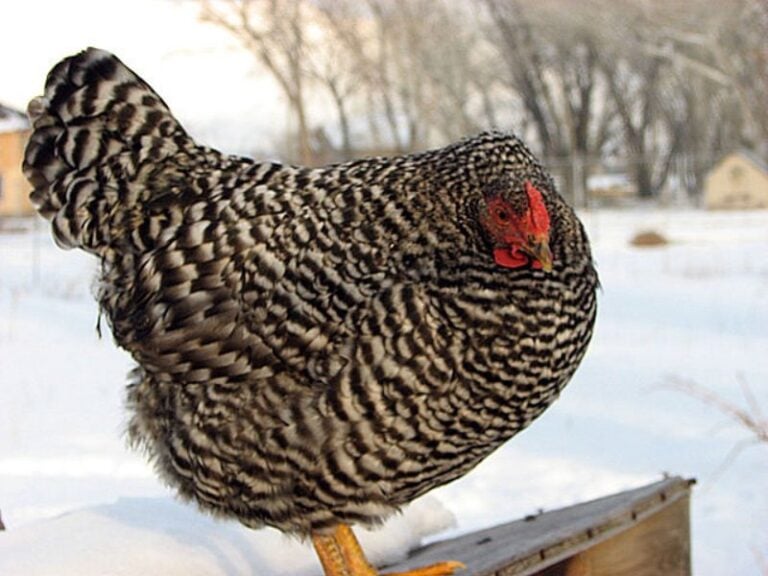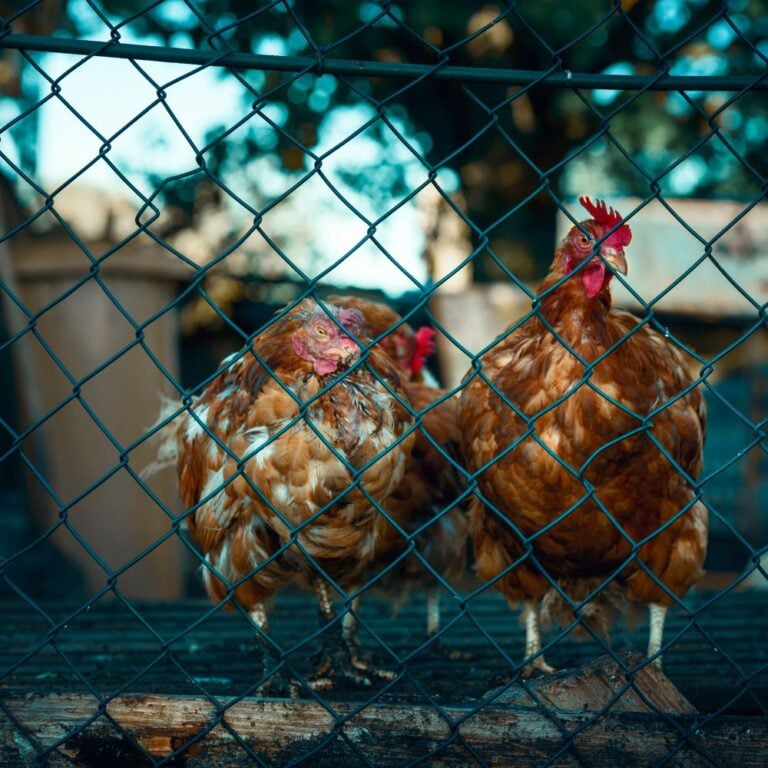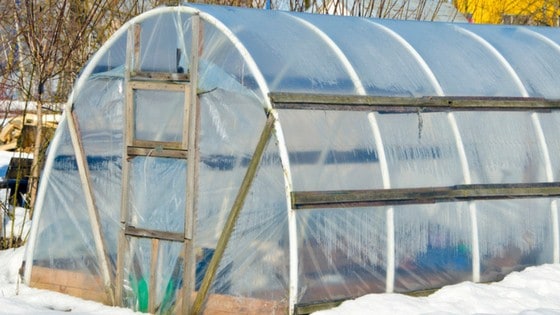Thinking about freezing chicken eggs because you’re getting so many? Read on for my best tips!
Eggs are incredibly valuable: within them lie the blueprints of life. But they’re also sustenance. The vast amount of cultures around the world that raise chickens for eggs has made their eggs one of, if not THE most essential egg on the planet.
Many times throughout the year our hens are laying a lot of eggs and we’re left with WAY too many of them! Especially when we feed them things like Best Eggs Ever and Egg-Cellent Yolks (check them out!).
While you have many options for preserving eggs, freezing is the easiest and one of the safest ways to make sure you have “butt nuggets” on hand whenever you want them. (This goes for chicken eggs and duck eggs).
Then, when it is time to use them, they can be thawed for any and all of your culinary dreams. This is truly a wonderful fact that can add some versatility to this egg-cellent ingredient.
However, if we are going to freeze eggs, there are some key details to consider first.

Table of Contents (Quickly Jump To Information)
How Quickly Should You Freeze Eggs?
If you are going to freeze your eggs, it is better to do so sooner than later.
A few days at room temperature or in the fridge is about the maximum length of time you should wait before freezing them (learn how to tell if eggs are fresh here). That way, you are using only the freshest eggs.
Eggs should only be frozen for about a year before they are used, dating your freezer containers is recommended.
No Shells Allowed!
As anyone who has accidentally left eggs in their coop during a snowstorm can attest, eggs expand as they freeze which can (and probably will) result in cracked shells. As you can see the possible demise, eggs should never be frozen in shells.
Cracking them into a freezer-safe container also ensures that you’re not using valuable freezer space to store eggs that might have problems: veins, lash eggs (yuck!), partially-incubated chickens (yes, it can happen), or other egg abnormalities.
You’ll also want to wash your eggs first – you don’t want flecks of dirt, bacteria, or manure to get into your whites or yolk prior to freezing.
Should You Separate Yolks and Egg Whites?
When people ask “can you freeze eggs,” they next ask whether they should freeze the WHOLE egg, or separate whites and yolk.
It’s a good question because the yolk and albumen are very difficult to separate once they have already been frozen. If you only plan to use eggs for dinner – in stir-fry, breakfast cooking styles, salads, or in meat recipes – then cracking them straight into your storage receptacle is ideal.
If you plan to bake or do any cooking or baking that requires just yolk or egg white, then separating white from yolk would be the better option. (Here are a ton of recipes that use eggs!)
Either way is fine, but if you plan to store your eggs whole, consider beating them just past the blending point. Doing this prevents the yolks from taking on a gelatinous consistency, which can be very difficult to cook with.
How To Store Just Egg Whites
Whites are relatively easy to store. Break the egg and separate out the yolk being careful to avoid getting any yolk in them. Then pour the whites into your receptacle of choice, and freeze.
The best containers for whites are ice cube trays or large freezer-safe bags. Label them with the date of storage and the number of eggs.
How To Freeze Egg Yolks
Yolks are trickier because the freezing process causes them to thicken or gel. Once gelled, their usage diminishes significantly, and while it might be possible to find a use for them, the uses of gelled yolks are quite few and far between.
To help with this issue you can add some salt or sugar. For every 4 yolks, you should beat in either 1/8 teaspoon salt or 1.5 teaspoons sugar.
Be sure to label the bag with when they were frozen and whether they have been beaten with sugar or salt. Pulling out sweetened yolks for a main dish, or salted yolks for a dessert isn’t the best idea!
Ideas For Frozen Eggs
- Breakfast sandwiches
- Scrambled eggs
- Breakfast burritos
- Baking of all kinds
- Quiche
Can You Freeze Hard-Boiled Eggs?
You can freeze a hard boiled egg, but it’s not recommended. It significantly changes the texture and taste of the egg. It’s best to stick to other frozen raw egg uses if you ask me.
How To Freeze Eggs
There are several ways you can freeze eggs, but one of the most popular ways is to use ice trays. Crack an egg into each little square or whisk the eggs up and pour the egg mixture into the ice tray. Either way, be sure to cover it with plastic wrap before putting the tray into the freezer.
Once the eggs are frozen, pop them out and put them into a freezer-proof container or storage bag.
Of course, you can skip the ice tray step and simply put the eggs into the container of your choice. It’s just harder to measure that way (if you think you will need calculated measurements).
Ready, Set, Cook!
When you are ready to use your frozen eggs, thaw them overnight in the refrigerator or under running cool or cold water. Then, as soon as they are softened, put them to use.
So, can you freeze eggs? The answer is YES! Go for it!
Maat van Uitert is a backyard chicken and sustainable living expert. She is also the author of Chickens: Naturally Raising A Sustainable Flock, which was a best seller in it’s Amazon category. Maat has been featured on NBC, CBS, AOL Finance, Community Chickens, the Huffington Post, Chickens magazine, Backyard Poultry, and Countryside Magazine. She lives on her farm in Southeast Missouri with her husband, two children, and about a million chickens and ducks. You can follow Maat on Facebook here and Instagram here.




![5 Edibles You Can Feed Your Chickens For Great Tasting Eggs! [Podcast]](https://thefrugalchicken.com/wp-content/uploads/2017/01/what-to-feed-chickens-for-great-tasting-eggs.jpg)


Thanks
.now to get mine to lay..ill be ready for next year